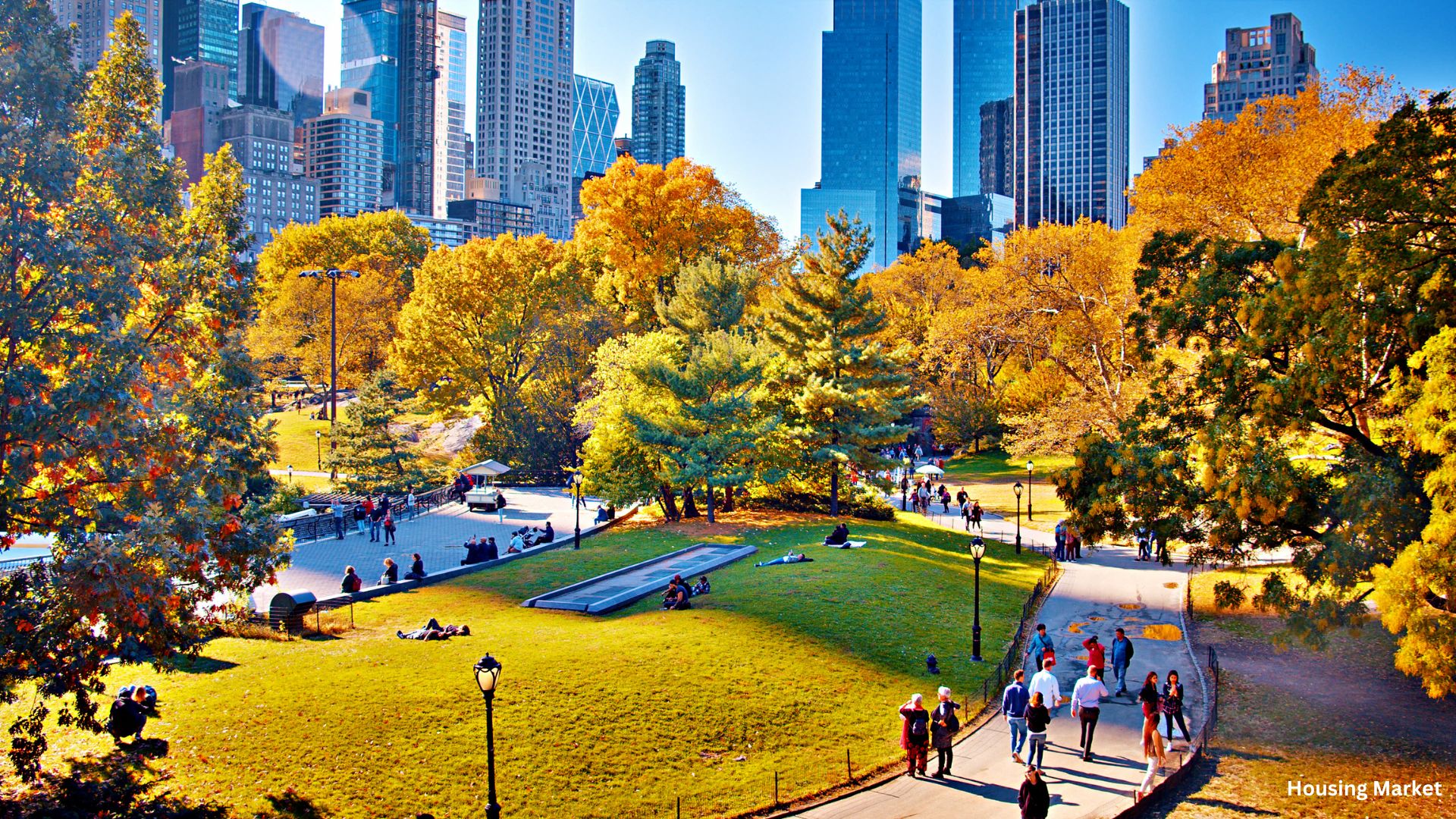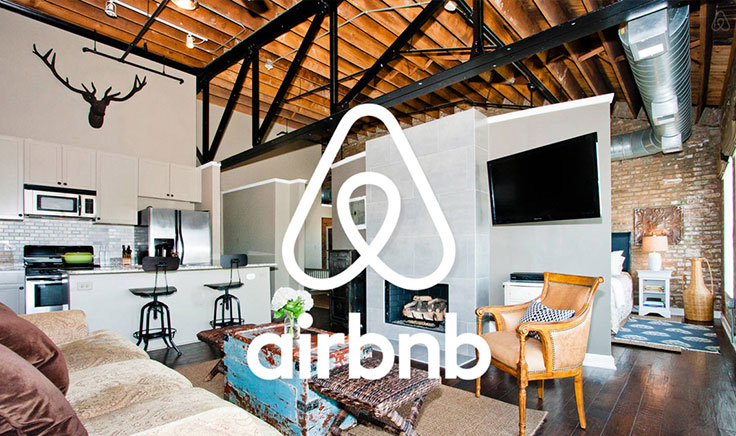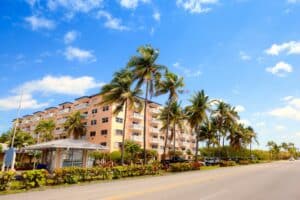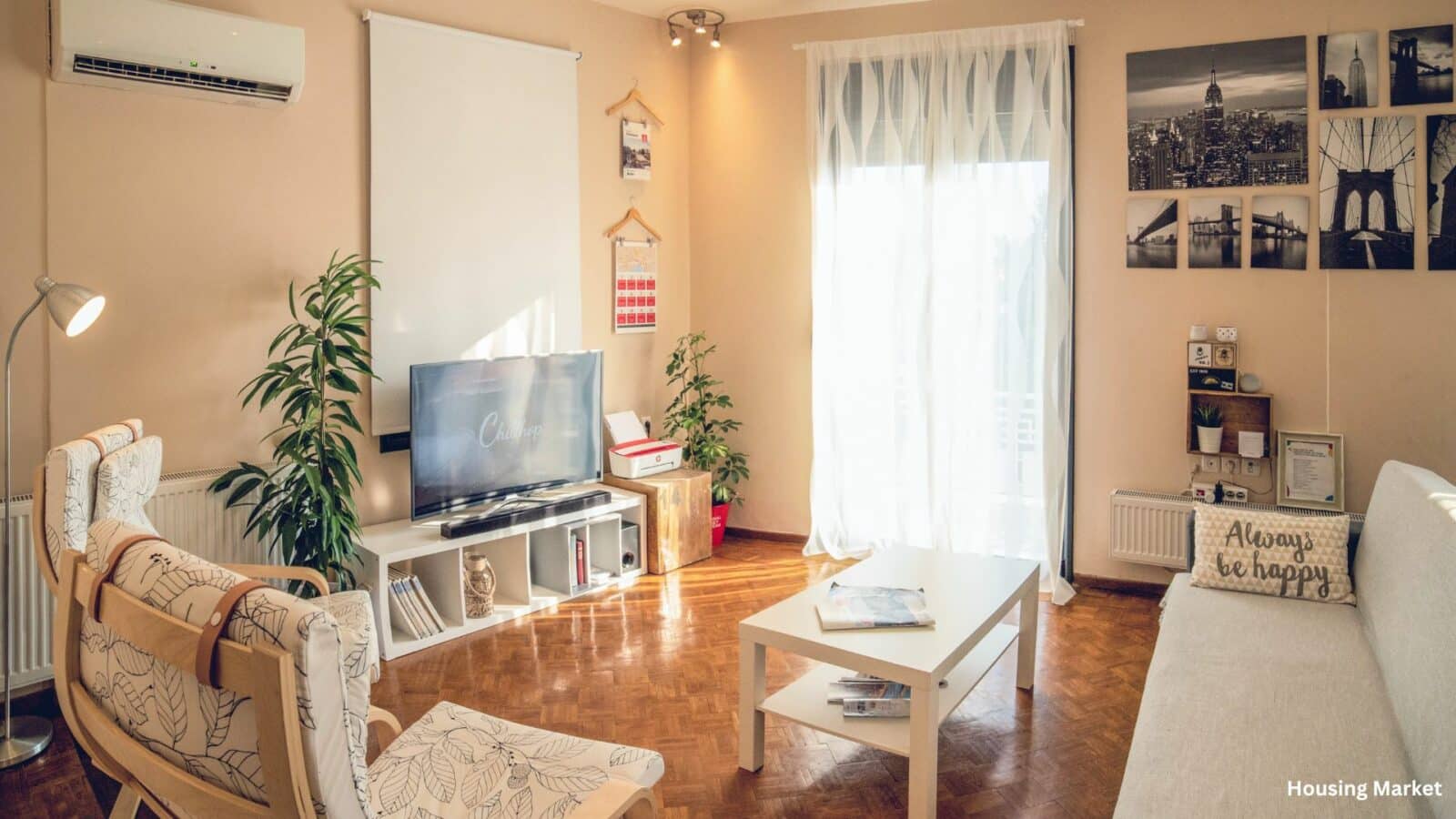The Airbnb ban in New York City has been a hot topic of debate since its enforcement began. The city’s decision to crack down on short-term rentals, including those listed on platforms like Airbnb, has led to a significant reduction in available listings. This article explores the impacts and implications of this near-ban on the housing market, tourism, and local economy.

Background of the Airbnb Ban in New York City
Last year, New York City started enforcing stringent regulations on short-term rentals, known as Local Law 18 (LL18). This law aims to address the city’s housing affordability crisis by reducing the number of short-term rentals, which are often blamed for driving up rent prices and reducing the availability of long-term housing options. As of June 24, 2024, the city has approved only 2,276 out of 6,395 applications for legal short-term rentals.

Impact on Housing and Hotel Prices
The Airbnb ban in New York City has led to a dramatic decrease in short-term rental listings. Data from AirDNA shows that listings for stays of less than 30 days dropped from 22,246 in August last year to just 4,000 by May this year. This significant reduction in available short-term rentals has not yet noticeably alleviated the housing shortage but has instead contributed to skyrocketing hotel prices. With fewer affordable accommodation options, tourists are facing higher costs, with the average hotel room price reaching a record $301 per night.
The Hotel Industry Boom
While the Airbnb ban in New York City has been aimed at making housing more affordable, it has inadvertently given a significant boost to the hotel industry. Occupancy rates in NYC hotels reached 82% last year, much higher than the national average. The disappearance of many short-term rentals and the repurposing of some hotels to shelter migrants are factors contributing to this surge.

Mixed Reactions
The city’s crackdown has received mixed reactions. Supporters of LL18 argue that reducing short-term rentals is crucial for tackling the housing crisis. However, critics, including Airbnb representatives and some hosts, argue that the ban has not effectively addressed housing affordability and has harmed homeowners relying on rental income. Furthermore, the increased hotel prices make it more expensive for tourists to visit the city, potentially impacting the local economy negatively.
Future Implications
The Airbnb ban in New York City is a significant step in the city’s ongoing efforts to manage its housing market and tourism industry. However, its long-term effects remain to be seen. The city continues to monitor and enforce compliance with LL18, with potential fines for hosts violating the regulations. Whether this approach will ultimately succeed in balancing housing affordability with tourism needs is still uncertain.

The Airbnb ban in New York City has brought about considerable changes in the local accommodation landscape. While it aims to address housing affordability, the immediate impacts have been more complex, leading to higher hotel prices and ongoing debates about its effectiveness. As the city continues to enforce these regulations, stakeholders will be closely watching the long-term outcomes.
Related posts:
 Decline in Home Prices: Anticipating a Shift in 2024
Decline in Home Prices: Anticipating a Shift in 2024
 Maryland Governor Legislative Agenda: Military Families, Housing, and Public Safety in 2024
Maryland Governor Legislative Agenda: Military Families, Housing, and Public Safety in 2024
 Nashville’s Zoning Bills for Middle-Income Housing Spark Contentious Debate
Nashville’s Zoning Bills for Middle-Income Housing Spark Contentious Debate
 Tampa Affordable Housing Initiative Breaks Ground on New 188-Unit Building
Tampa Affordable Housing Initiative Breaks Ground on New 188-Unit Building
 Navigating the Decline: Florida Condo Prices Dropping Amidst Rising Costs
Navigating the Decline: Florida Condo Prices Dropping Amidst Rising Costs



